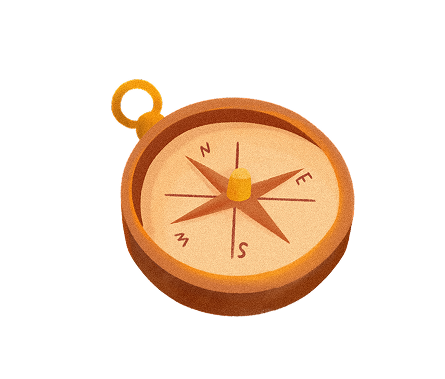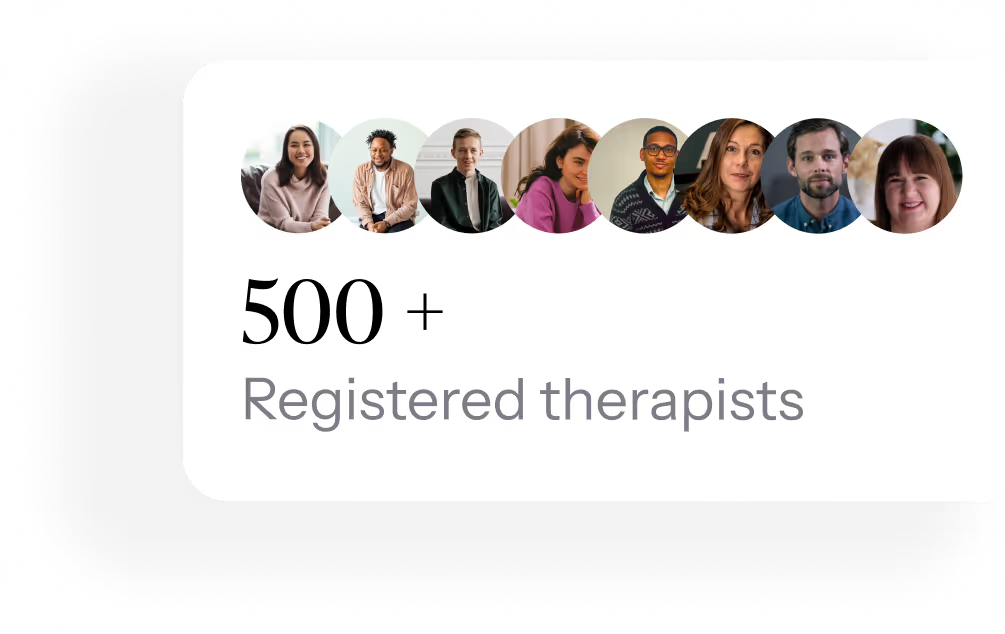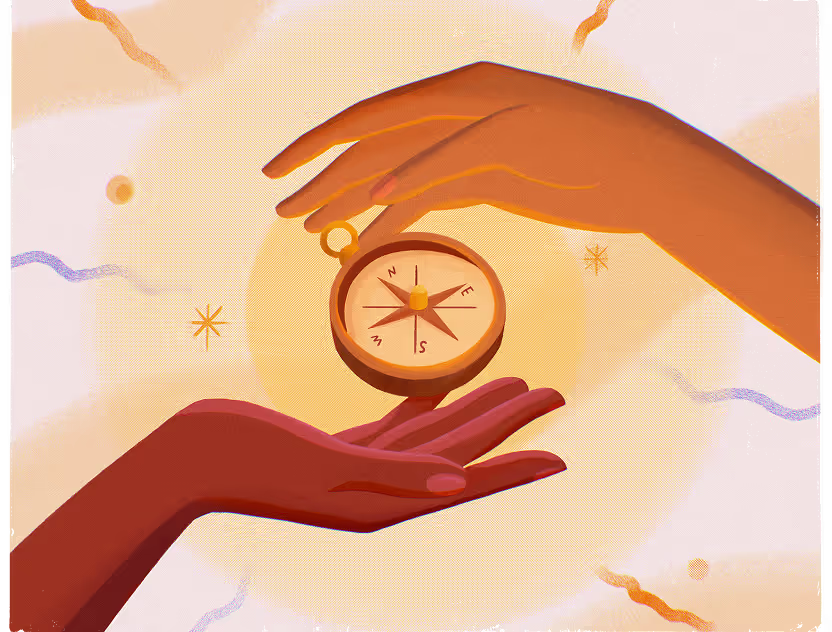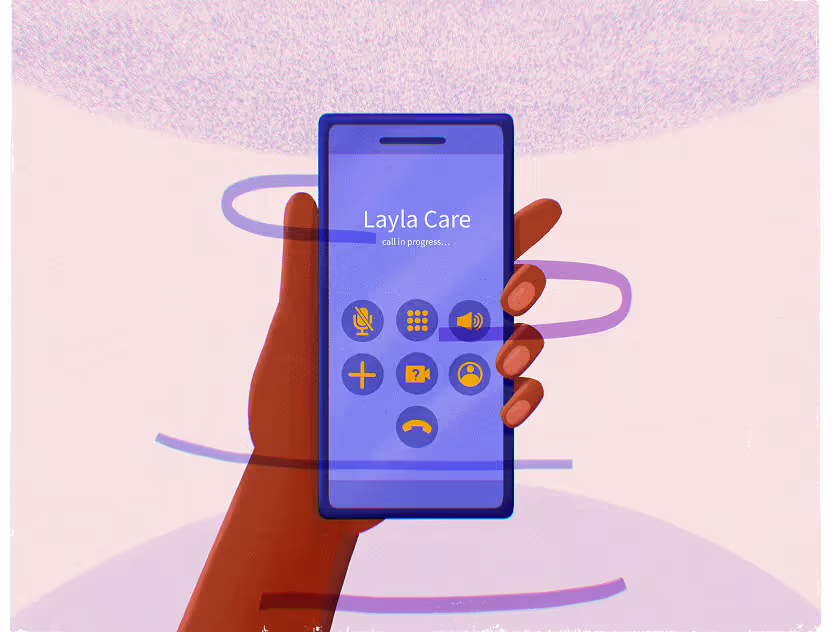Find support for depression



Understanding depression
Common symptoms to look out for:
- Persistent low mood or loss of motivation
- Fatigue or irritability
- Changes in sleep or appetite
- Feelings of hopelessness or low self-worth
If this sounds familiar, know that help is available — and therapeutic treatment is a helpful approach to working through depression.

How Layla supports you



Take the first step

Still have questions?

Discover a library of expert-informed articles designed to educate and inspire.

Download free guides, webinars, tools, and other mental health resources

Have a question? Reach us directly by email info@layla.care or phone through phone: 647-374-4210
Depression Support Resources
Mental health depression
Depression is much more than simple unhappiness. Clinical depression, sometimes called major depression, is a complex mood disorder caused by various factors, including genetic predisposition, personality, stress and brain chemistry.
Fast facts about mental health and mental illness
Mental health and mental illness are often used interchangeably, but they are not the same thing. “Mental health” is a concept similar to “physical health”: it refers to a state of well-being.
Psychological treatments
The APA identifies “best research evidence” as a key element of evidence-based practice (APA Presidential Task Force, 2006). This resource lists psychological treatments supported by published efficacy data, based on criteria from the Society of Clinical Psychology




